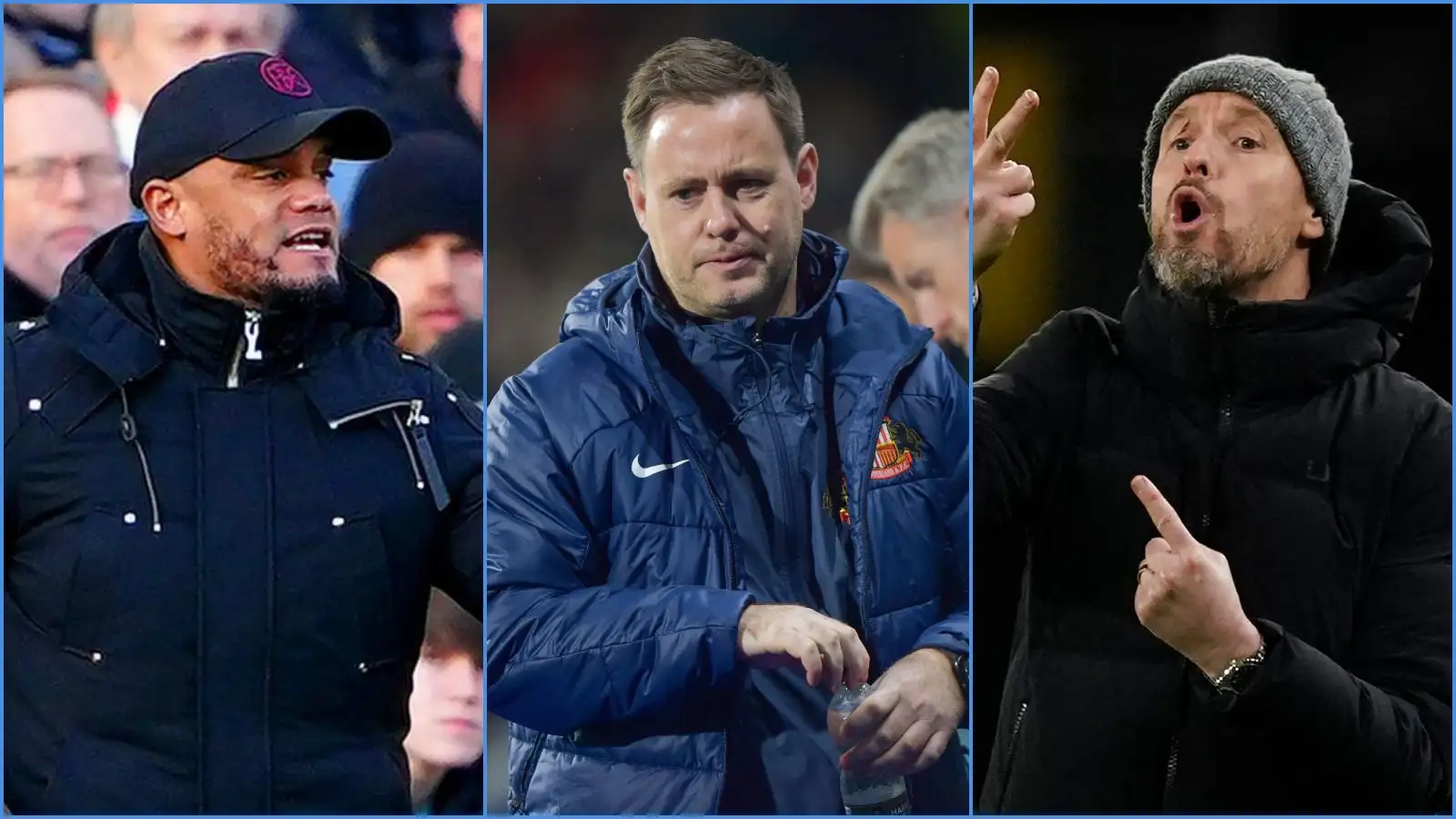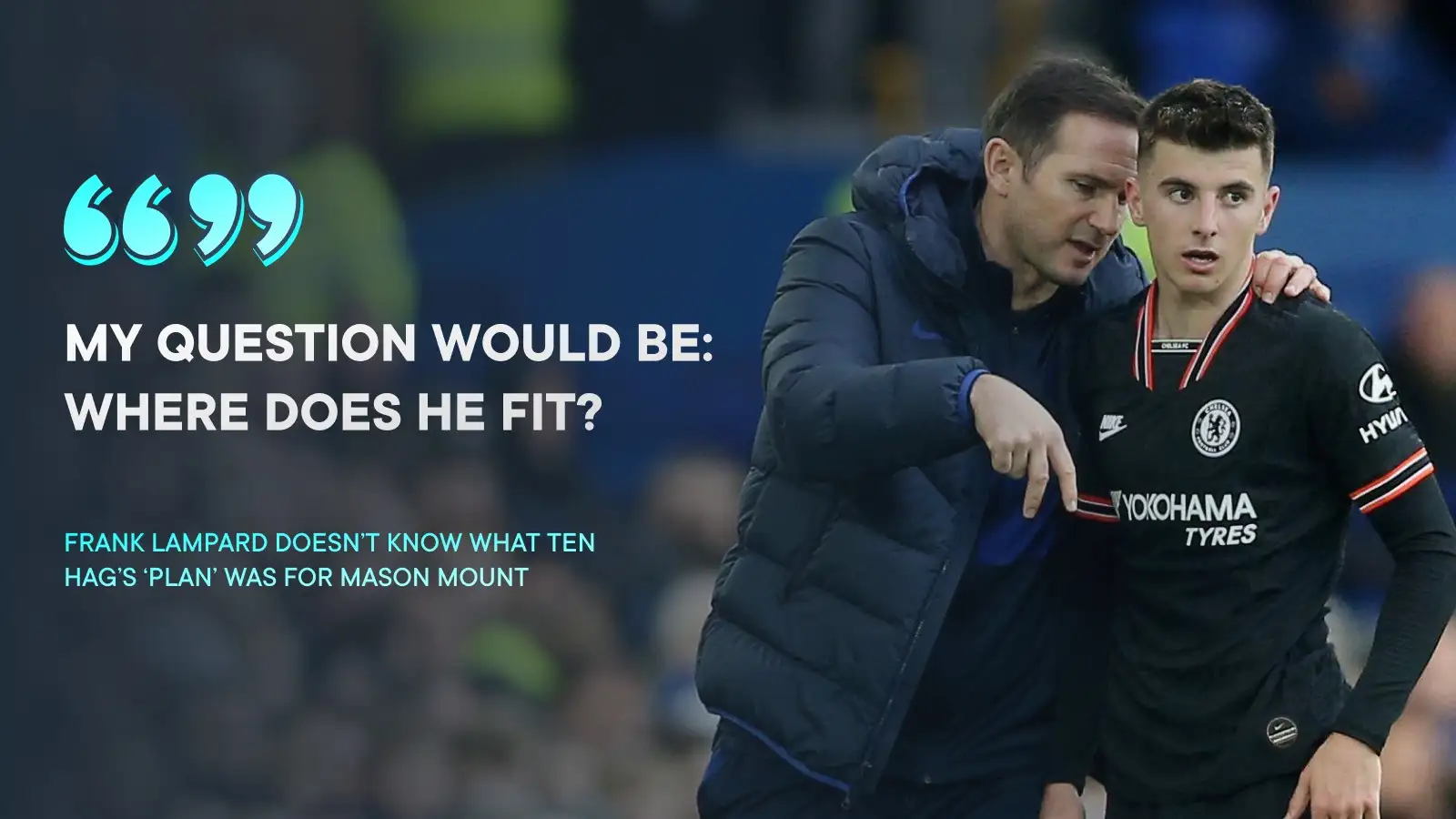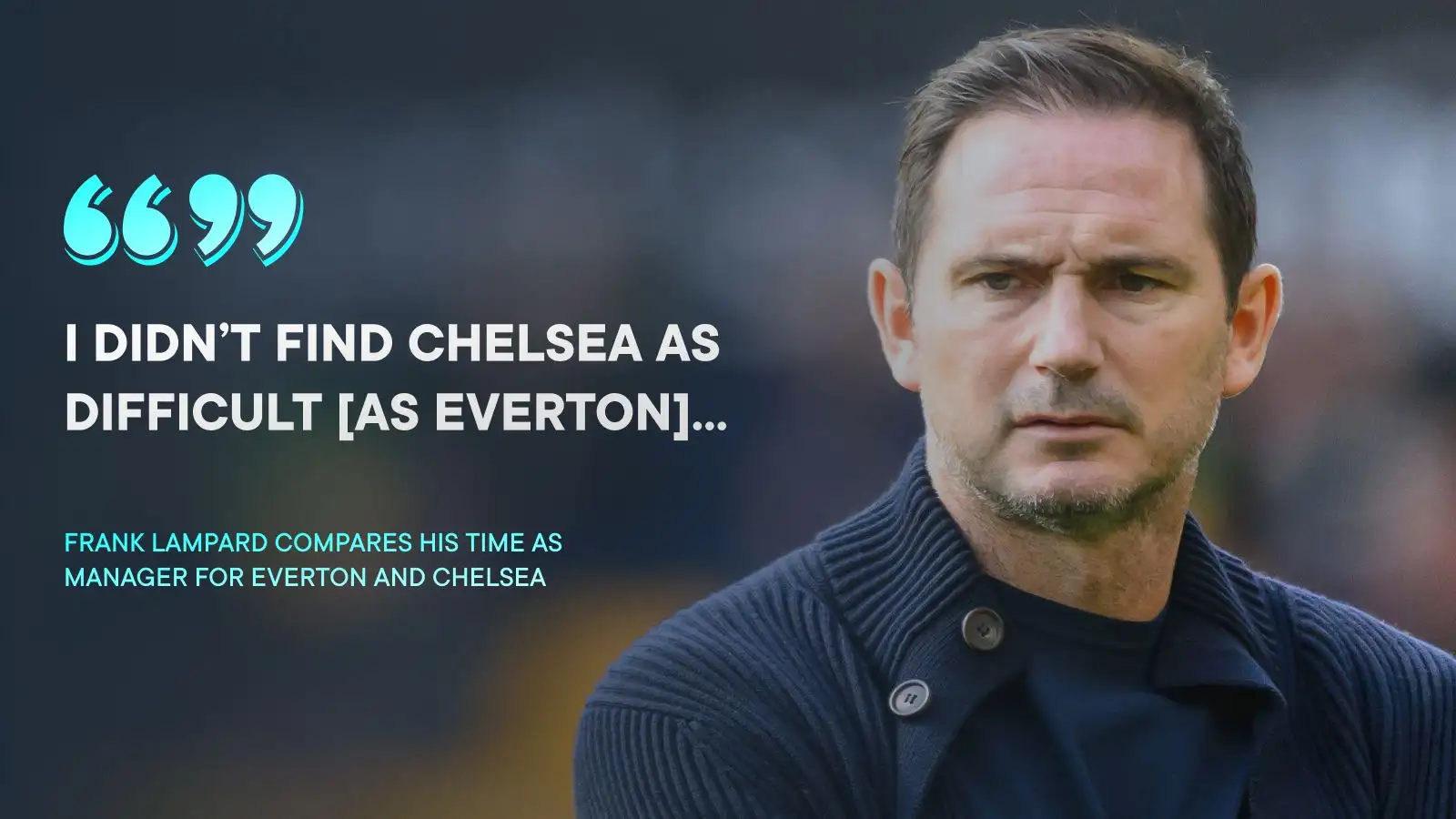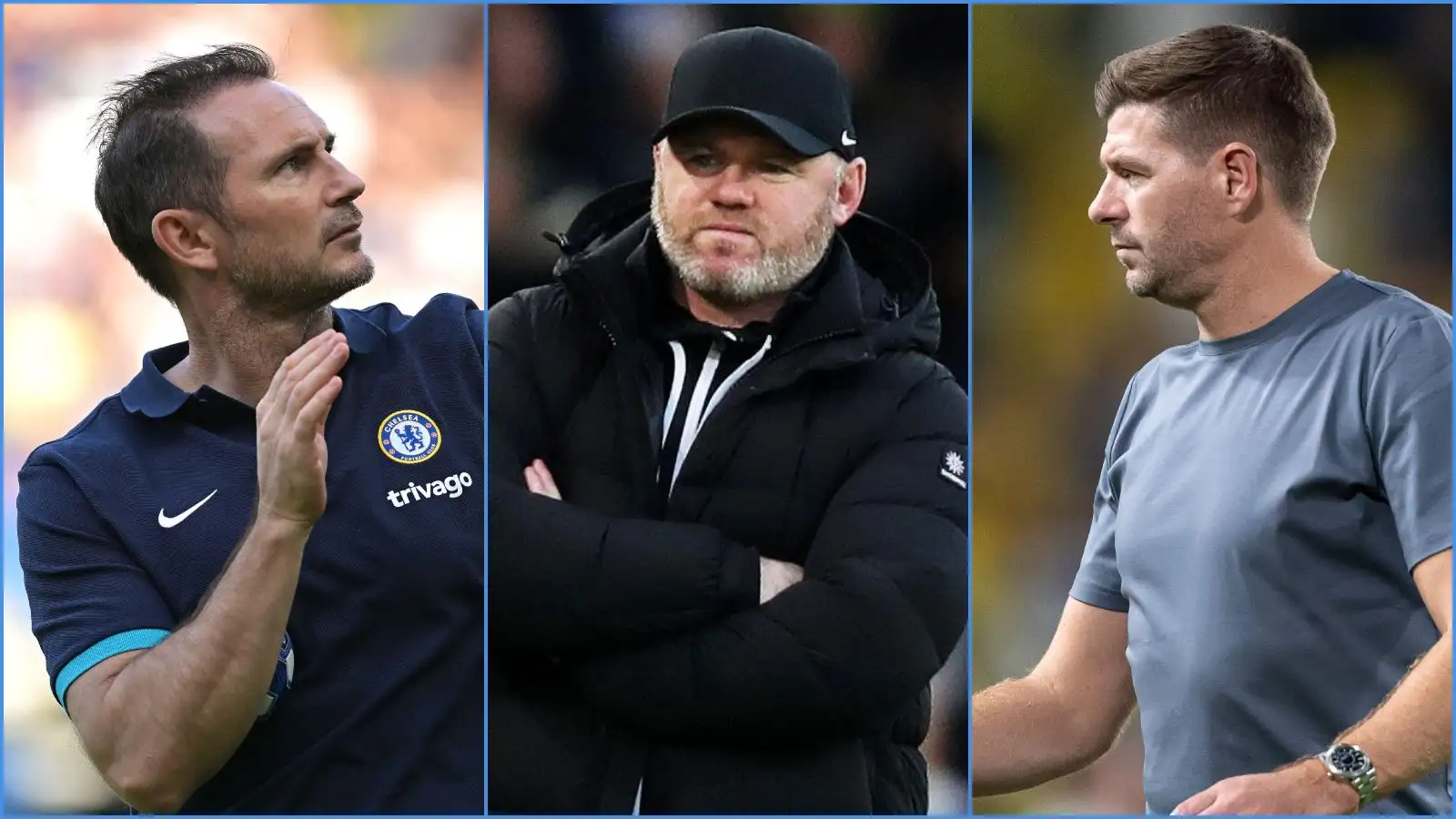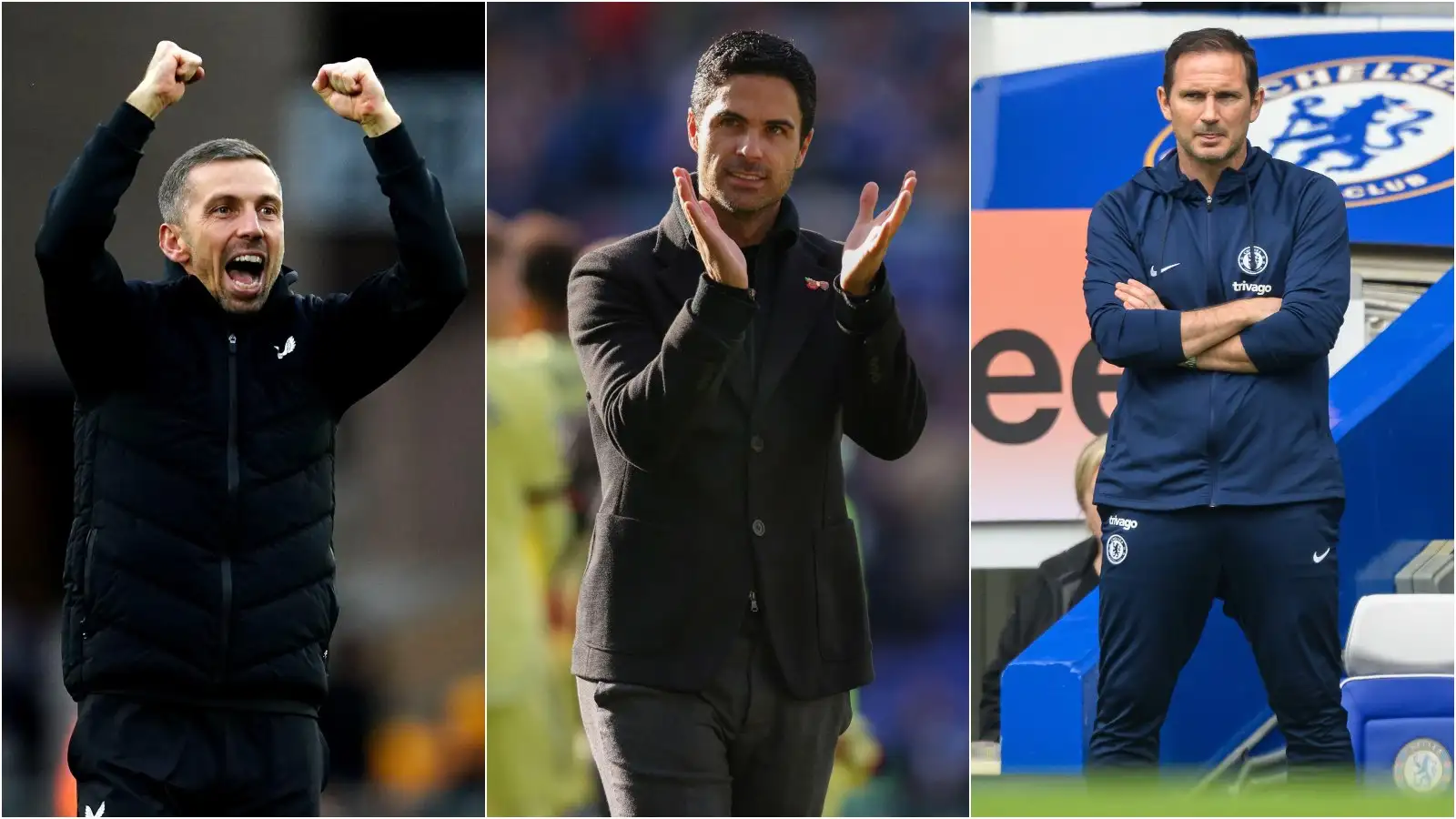Lampard is a victim of his Chelsea legend status
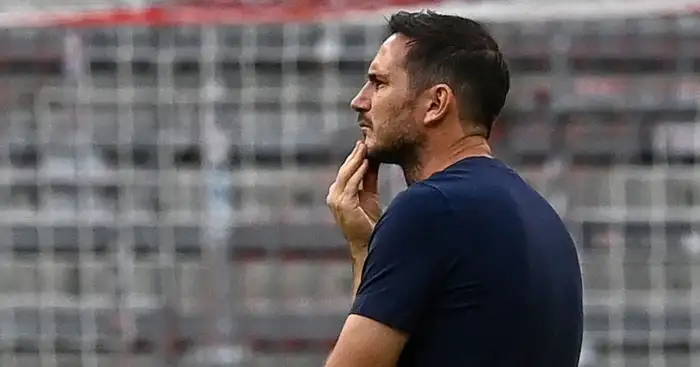
Frank Lampard was to be given more leeway than any other Chelsea manager in the Roman Abramovich era. The serial winners were happy to coast for a season having sold their best player with a transfer ban in place. Those caveats – along with Lampard being the club’s most decorated player – meant that a top-six finish would have been tolerated on the proviso he used Chelsea’s abundance of young talent to plug the holes in his squad. He led Chelsea to fourth and to the FA Cup final, while keeping his promise of youth development: a good season, certainly on paper. So why all the hatred? Do the critics actually think he’s done badly, or do the cries of mediocrity stem from a deep-seated dislike for Lampard?
There is, of course, schadenfreude at play. Particularly in England, we take great pleasure in seeing someone fail, especially someone like Lampard, who has been revered for so long. It was quite the journey from the floppy-haired teenager shrinking behind an uncle who claimed he would “go right to the very top”, to actually getting there and remaining at the summit for over a decade, winning 11 major trophies and cementing himself as a Chelsea legend. He has further to fall than almost anyone, which makes the potential for that comedown all the more alluring for the sadists among us.
But it’s not as simple as that. The same ill will wasn’t aimed at Kenny Dalglish in either of his two Liverpool spells, for example, and it’s not the case for Mikel Arteta now. The problem is that the qualities that took Lampard beyond the heights almost anyone expected as a player, don’t transfer to make him likeable as a manager, or even a person. He was stubborn, diligent, serious, repetitive. And those characteristics will serve him well in management: Pep Guardiola is stubborn in his philosophy; Jurgen Klopp repetitive in his training. But those managers outwardly exhibit qualities we admire in people as well. Guardiola has a beguiling intensity, Klopp a quick wit and desire to speak his mind.
All we see from Lampard in press conferences or post-match interviews is varying degrees of exasperation. A brief smile might creep onto his face in the midst of his serious point, light-hearted point, serious point charade, but the frown quickly returns along with an air of vanity the watching masses take umbrage with.
Has he ever carried the blame for a defeat (a genuine question; he might have)? Even Jose Mourinho – the king of the egotists – will admit he got his tactics wrong occasionally. Lampard, though, will blame the finishing of his strikers, poor concentration from his defenders, and most ridiculously, a lack of height. But he got his approach wrong on a number of occasions this season, and people respond in kind to those willing to admit they have made a mistake. It makes the robotic seem more human.
He did admit to regret following his touchline outburst in Chelsea’s 5-3 loss to Liverpool. He rued the expletives used in the confrontation, but still stood by his assertion of “arrogance” from the Liverpool bench.
A reminder that Lampard shouted: “Only title you’ve ever won and you’re f***ing giving it the big un, f*** off!” Sorry, who was being arrogant? Not a good look.
A sense of superiority is certainly a part of management; it can take you a long way. Lampard learned that unwavering belief from Mourinho, who not only cast himself as “The Special One” on his arrival at Stamford Bridge, but also named Lampard as “the best player in the world”. But with Mourinho’s arrogance – certainly in that first spell at Chelsea – came a tongue-in-cheek sense of fun and knowing misdirection that his successor lacks.
Lampard probably doesn’t care. He doesn’t get paid to entertain us with what he has to say. He may learn to relax and reduce the toughness of his exterior; he may not. If he doesn’t he can’t expect cheerleaders among the fans of other clubs, not like those unsuspecting people finding themselves begrudgingly accepting Liverpool’s success because of their charismatic manager. But again, Lampard might not care.
One reason for the animosity towards him is beyond his control. In fact, he has rarely used the transfer ban or Eden Hazard’s departure as an excuse for poor performances. The problem is, everyone else does. Any conversation about the success or otherwise of Chelsea and Lampard inevitably involves those factors. And it’s tiresome; you get annoyed by their mention and – through proximity – by anything or anyone associated with them.
Particularly when that person landed the job without necessarily deserving it – the final piece in the Lampard hate puzzle, which slips right in next to the aforementioned hubris. It’s understandable why Chelsea went for him: he knows everything about the club and would have the backing of the fans for an extended period. But that doesn’t change the fact that he’s got next to no experience in management and was by far the least qualified man to take over at Stamford Bridge this century. That too, rubs people up the wrong way.
The evidence we have suggests Lampard could be a very good manager; Chelsea have not had a bad season. But the acrimony isn’t about Chelsea, their results or even the style of football they play. It’s about Lampard as a person: the closed-off club legend people would love to see knocked off the pedestal he stands on, above his station.
Will Ford is on Twitter

